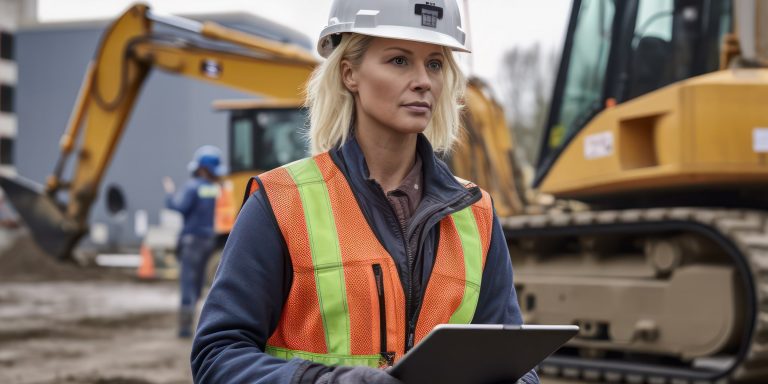Technology has transformed every aspect of our lives, from the way we communicate, learn, do our jobs and even to the vehicles we drive (when’s the last time you looked at a map?). It makes sense that modern technology has found its place in HR, specifically to recruit candidates.
Here are 5 ways that technology will impact the hiring process for HR professionals.
1. Job Boards are Digital and Far-Reaching
Gone are the days of help wanted signs in the window and print ads in the paper. Today, digital job boards have all but replaced analog methods. Your search for your next qualified candidate isn’t limited by location and it’s open to more than just those who read the paper. Now, an applicant tracking software can automatly target top talent that meets your specific requirements on hundreds of local and national job boards like, CareerBuilder, Glassdoor and Indeed not to mention social media channels.
2. Passive Candidates are Being Targeted
Currently, there are more jobs than seekers, one million more to be exact. Companies can no longer rely on targeting just those actively seeking jobs, they must be able to reach passive candidates as well. Passive candidates are employed but can be swayed by recruiters that offer a better position or better compensation. Using social media specifically opens up a whole new field of potential candidates that you can target based on location, skill level and interest.
{{cta(‘9a72cdca-6178-470b-b63b-7ca10f5385aa’)}}
3. Screening is Now Automated
Along with being able to passively recruit candidates based on specific criteria, modern technology allows HR recruiters to automatically screen applicants based on that same set of criteria and more. An AI assistant can start capturing candidate information and screen them based on a series of customized questions. These “knock out” questions, like asking candidates about their years of experience, degrees or certifications obtained and a willingness to travel, help move them to the next stage of the application process or eliminate them.
4. It’s Easier to Schedule Interviews
Once your AI assistant has screened candidates, it can automatically schedule or reschedule interviews. With it taking an average of 52 days to fill a position, having an AI assistant reduces a good chunk of that time by eliminating the back-and-forth of scheduling interviews. AI, like our very own Olivia, can review thousands of calendars in seconds and sends automated reminders to improve show rates.
5. Interviews are Done by Video
Modern jobs aren’t restricted to location; there are 3.9 million remote workers in the United States. So, it doesn’t make sense, both logically and financially, to require onsite interviews. Skype, Google Hangouts, and various other forms of instantaneous communication are free and easily accessible to both applicants and companies. Not only do video interviews save time, but they also help you narrow down less suitable candidates.
6. Past Applicants are a Click Away
Resumes aren’t mailed, they’re uploaded, and applicant tracking systems keep them safe allowing you to access them quickly. This is especially essential if your company needs to report OFCCP recruiting activities and progress. Looking for your next qualified candidate is as easy as searching your own ATS.
You May Also Be Interested In:




